Indian Steel companies with 1,96,000 crore debt stare at default

Stressed steel companies with borrowings of $31 billion (over Rs 1,96,000 crore) are likely to be the key source of stress for banks in the next two financial years in India.
While many of the steel companies with interest coverage (IC) ratio of less than 1 per cent are not yet chronic (IC less than 1 per cent for more than four quarters is classified as chronic), looking at the pace of the debt accretion over the past years, the debt levels for these companies appear to have reached unsustainable levels, and a recovery of these accounts appears unlikely without meaningful haircuts, said a report by Credit Suisse. “We, therefore, expect the steel sector to be the key source of stress for banks in FY16 and FY17,” it said.
A lower IC ratio indicates the company is burdened by debt expenses. When a company’s interest coverage ratio is 1.5 or lower, its ability to meet interest expenses may be questionable and an IC ratio below one indicates the company is not generating sufficient revenues to meet interest expenses.
As much as 37 per cent of India Inc’s borrowings are held by companies, led by steel firms, which are not generating enough revenues to service their interest expenses — or stressed assets. Further, banks’ exposures to stressed steel companies are at 10-30 per cent of net worth.
A large number of steel companies have seen their debt levels rise 3-6 times in the past five years and are now burdened with debt of $1,000 to $1,400 per tonne of installed capacity. Companies such as Bhushan Steel and Usha Martin have debt of $1,400/tonne of nameplate capacity as compared to $400/tonne for less leveraged players such as Tata Steel and JSW Steel. Given that for most of these companies are operating at 30-50 per cent of the nameplate capacity, servicing this magnitude of debt burden appears unsustainable, it said.
“Most of the larger steel companies, i.e., Tata Steel, JSPL, JSW Steel and SAIL, have also moved to the category of ‘less than 1 per cent IC’ during the quarter,” it said in a report called ‘India corporate health tracker’.
The Reserve Bank’s Financial Stability Report has said 5 out of the top 10 private steel producing firms are under severe stress on account of delayed implementation of their projects due to land acquisition and environmental clearances among other factors. Though the sector holds very good long term prospects, it is currently under stress, necessitating a close watch by lenders, the RBI said. While Bhushan Steel has received nod for Rs 37,000 crore loan recast under the corporate debt restructuring (CDR) route, many private steel firms have lined up for a bailout under the 5/25 recast scheme.
Credit Suisse said total debt with stressed steel companies (debt/EBITDA greater 12 times) is $31 billion, which is 75 per cent of system gross NPAs. “The deterioration in corporate financial health reinforces our view that turnaround in asset-quality stress is still delayed. Therefore, despite the underperformance, we remain negative on banks with significant steel sector exposure (SBI, PNB, and BOB) where infra and steel sectors continue to contribute bulk of the loan growth (45-60 per cent for FY15).
“The share of companies having interest coverage of less than one increased to 37 per cent — the highest in our tracking history — of the sample debt of $ 505 billion. The key driver of deterioration was the metals (steel) sector, as profitability pressures here intensified and now even all the large companies are part of the stressed assets list,” Credit Suisse study said. Debt of chronically stressed companies (IC ratio of less than one per cent for four or more quarters) remained at 30 per cent. Also, 27 per cent of the total debt is with companies incurring losses. Performance of restructured companies got weaker as earnings before interest, tax, depreciation and amortisation (EBITDA) down 37 per cent on a year-on-year basis, Credit Suisse said.
XINSTEEL INFORMATION

 +86 371 55057610
+86 371 55057610  inquiry@xsteelplate.com
inquiry@xsteelplate.com


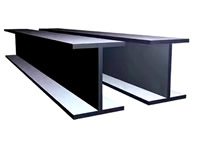
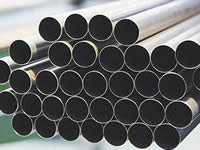
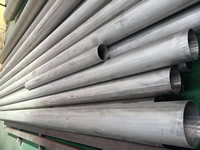
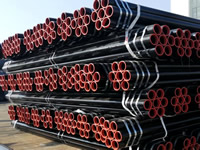
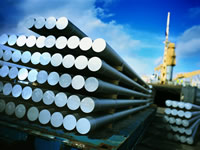

 Tel:+86 371 55057610
Tel:+86 371 55057610  Fax: +86 371 5505 7611
Fax: +86 371 5505 7611